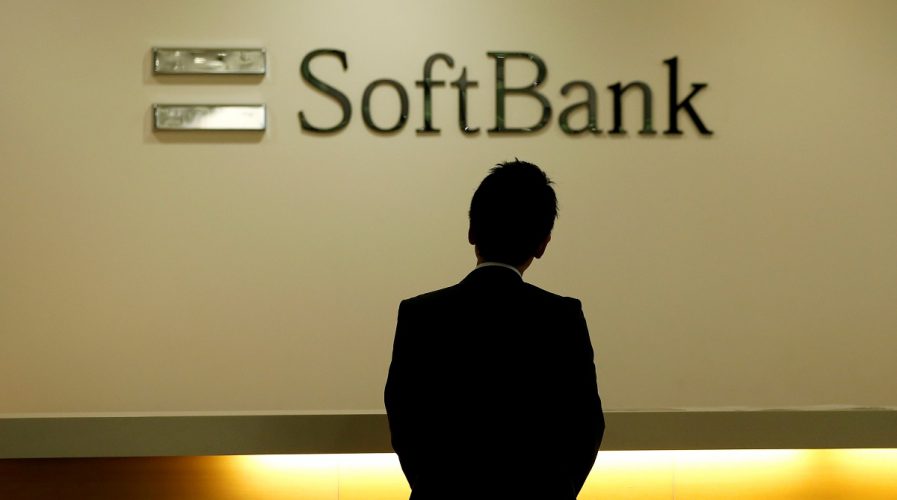
A man looks at the logo of SoftBank Group Corp at the company’s headquarters in Tokyo. Source: Reuters/Toru Hanai
SoftBank scraps $100m investment into Android co-founder’s smartphone startup
SOFTBANK has abandoned plans to invest US$100 million in smartphone startup Essential Products Inc created by the co-founder of Google’s Android software.
It’s unclear why SoftBank has pulled out of the deal, but sources have told The Wall Street Journal it could be due to the company’s chief executive Masayoshi Son’s increasingly close relationship to Apple Inc.
Essential Products, started by Android’s Andy Rubin, is reportedly planning to release a high-end smartphone in spring, ahead of Apple’s expected Autumn release of its 10th anniversary iPhone.
SEE ALSO: SoftBank buys US investment manager Fortress in unusual shift to private equity
SoftBank’s investment would have valued the startup at US$1 billion, according to the Journal’s sources. The deal was allegedly dropped just as contracts were being drawn up.
The proposed deal apparently included a big marketing push for Essential Products’ high-end smartphone from SoftBank’s telecom subsidiary in Japan.
However, Son is also establishing the US$100 billion tech-focused Vision Fund, which is expected to launch as early as this month, according to the Journal.
In January, Apple agreed to commit US$1 billion to the fund. Although it is believed Apple did not block the SoftBank-Essential Products deal, WSJ reported Apple’s involvement in the Vision Fund complicated SoftBank’s investment in Essential Products, causing Son to back out of the deal.
Son reportedly backed out of the Essential Products deal in February after months of negotiations.
Apparently, Apple's exerting its control over SoftBank's Vision Fund to deprive Andy Rubin of funding.https://t.co/jn250fea9w
— Pocketnow (@Pocketnow) March 21, 2017
Son’s relationship with Apple dates back to 2008 when SoftBanks’s telecom carrier introduced the iPhone to Japan.
SoftBank considers dozens of deals at a time, but its backing-out of this latest deal displays the company’s unpredictable style. The company has already bought US telecom carrier Sprint for US$22 billion and British chip designer ARM Holdings for US$32 billion.
The company is considering a US$1 billion investment in WeWork, a shared office space company, in which it had reportedly already invested US$300 million.
READ MORE
- Ethical AI: The renewed importance of safeguarding data and customer privacy in Generative AI applications
- How Japan balances AI-driven opportunities with cybersecurity needs
- Deploying SASE: Benchmarking your approach
- Insurance everywhere all at once: the digital transformation of the APAC insurance industry
- Google parent Alphabet eyes HubSpot: A potential acquisition shaping the future of CRM
